What is Acne Vulgaris & How to Treat it Effectively
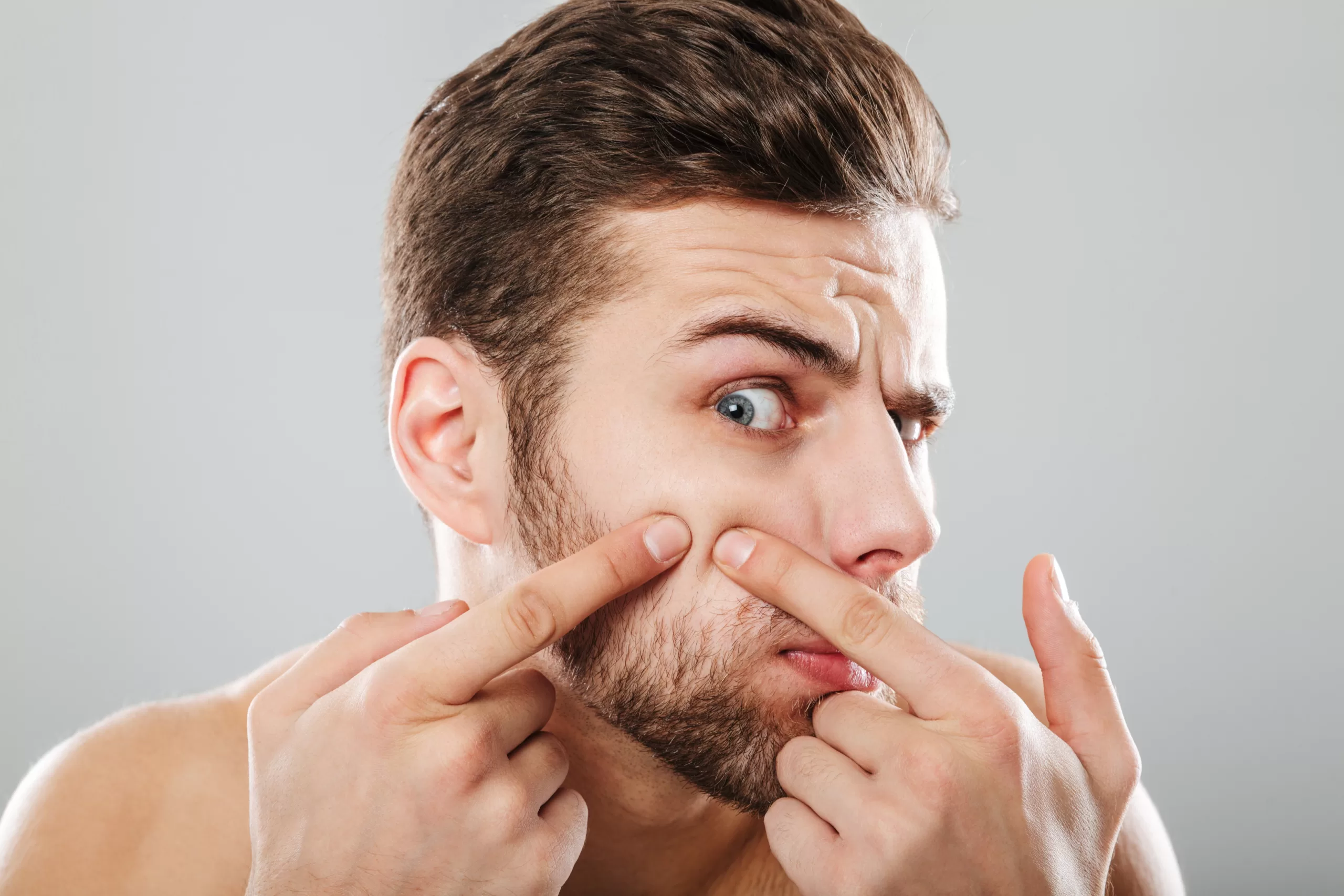
Acne Vulgaris is one of the most widely seen skin conditions, which dermatologists diagnose and treat regularly. It usually appears in adolescence, but can be found at any stage of life. As our understanding of acne has grown over the recent years, we’ve seen an emergence of new therapeutic modalities along with various combinations and permutations to better suit individual needs.
Table of contents
What is Acne Vulgaris
Acne Vulgaris is a long-term skin condition in the pilosebaceous units of your body which occurs due to several different factors. It can manifest itself as seborrhea, comedones, redness, bumps, and pustules. In some cases, it may cause nodules and cysts, eventually leading to scarring. Acne is by four main factors- overproduction of sebum, clogged hair follicles, bacterial colonization with Propionibacterium acne (P. Acne), and inflammatory reactions to it.
To effectively treat and manage acne vulgaris, it is important to choose the right anti-acne solutions based on your specific clinical presentation & patient needs.
How to Treat Acne Vulgaris
Topical agents like benzoyl peroxide, antibiotics, retinoids, and more are commonly used to treat Acne Vulgaris. Combinations of these agents can be prescribed for more severe cases. Systemic therapies like oral antibiotics, hormonal therapy, and isotretinoin are also available depending on the patient’s needs. In some cases, physical treatments like lesion removal or photo-therapy can be beneficial for managing skin conditions.
Topical therapy
Topical therapy is a beneficial form of treatment when it comes to mild & moderate acne Vulgaris. It can be used alone or in conjunction with other treatments and may even be utilized as a maintenance therapy.
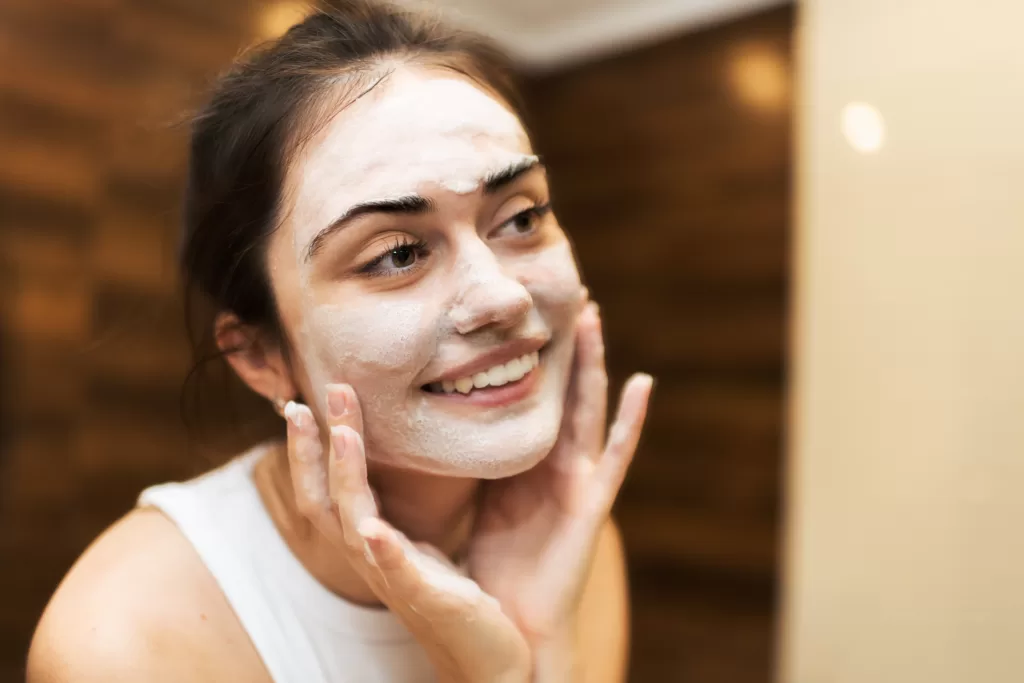
Benzoyl peroxide
As an effective topical agent, this product has been around for a while and is available in various formulations (such as washes, lotions, creams, and gels) and concentrations. The efficacy of the product depends largely on the vehicle used.
Gels are the preferred choice for many due to their stability and effectiveness. Water-based gels are particularly advantageous as they are less likely to irritate creams and lotions.
Although benzoyl peroxide is effective for many skin conditions, it can also cause skin irritation, burning, and redness. Additionally, due to its bleaching properties, it can discolor clothing, hair, and linens. Prolonged use of high concentrations can result in irritant dermatitis.
Topical retinoids
Retinoids have been around for over three decades and remain a popular choice to treat acne vulgaris. They can target the micro comedo–precursor lesion which is one of the earliest stages of acne development.
It is that topical retinoids should be the initial treatment, either on their own or in combination with other medications, for mild-to-moderate inflammatory acne. Additionally, they are also the best option for maintenance therapy.
Topical antibiotics
A wide range of topical antibiotics is available, either on their own or in different combinations. These can be used to inhibit the growth of P. acne and to effectively reduce inflammation.
Topical antibiotics like erythromycin and clindamycin are widely in use to treat acne vulgaris and come in various types of vehicles & packaging. Although most people don’t experience serious side effects, there is a chance of minor issues such as redness, peeling, itching, dryness, and burning.
Other topical agents
Using a combination of treatments, such as benzoyl peroxide, can be incredibly useful in hindering the growth of antibiotic-resistant P. acne bacteria. Moreover, it can even help to reduce and eliminate existing resistance.
Salicylic acid is the treatment of acne vulgaris for years due to its comedolytic properties, which although not as powerful as topical retinoids, could be effective in reducing symptoms.
Azelaic acid is in concentrations of 10 to 20 percent in topical cream form and is effective against inflammatory and comedonal acne. Clinical studies suggest a promising outcome when using this product.
Systemic Therapy to treat Acne Vulgaris
Systemic antibiotics
Moderate to severe inflammatory acne is typically treated with oral antibiotics.
Oral contraceptives
Combine Estrogen and progestin to reduce the probability of endometrial cancer. Oral contraceptives have a positive effect on acne vulgaris due to the decrease in amount of androgens in the bloodstream, which is due to blocking luteinizing hormones (LH) & follicle-stimulating hormones (FSH).
Spironolactone
This medication predominantly works as an androgen receptor blocker. With higher doses of the drug or when cardiac or renal issues exist, it may result in hyperkalemia. Additionally, menstrual irregularities could also be triggered.
Cyproterone acetate
Research has revealed that Androgen Receptor Blocking Agents can be highly effective to manage and treat acne vulgaris in women, especially when taken at higher doses. Additionally, a combination of two milligrams (2mg) of the drug with either 35 or 50 micrograms (35 or 50 μg) of Ethinyl Estradiol is available as an Oral Contraceptive Formulation to treat acne vulgaris.
Flutamide
Acne along with hirsutism can be effectively managed in women through the use of medication. It has proven to be beneficial in many cases.
Oral isotretinoin
Oral retinoid is an effective medication for severe, moderate-to-severe acne which results in physical or psychological scarring and cannot treat it with conventional therapies. It is the only drug available to target the four major causes of acne.
Physical methods to Treat acne vulgaris
Lesion removal
Comedones
Comedone extractors, fine needles, or pointed blades can be in use to mechanically remove open and closed comedones. Additionally, pre-procedural application of topical retinoids can make the procedure easier.
Active deep inflammatory lesions
In some cases, aspiration of a inflame lesion may be necessary, and this can be by an intra-lesional steroid injection in cysts or sinus tracts. Additionally, phototherapy using visible light may also be in use.
Photodynamic therapy
Studies have demonstrated that treating acne with a combination of δ-aminolaevulinic acid and pulsed dye laser (585 nm) can produce promising outcomes. Nonetheless, further exploration is essential to validate these results.
Physical methods to Treat acne vulgaris
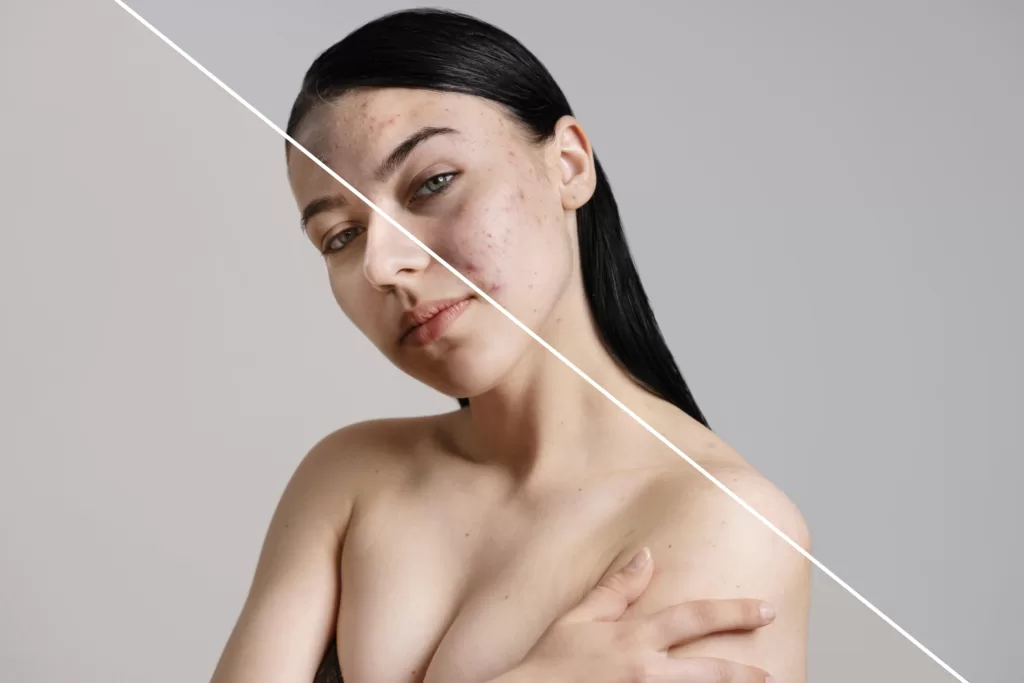
Acne scars come in two different categories – those that involve tissue loss & those that involve tissue excess. Examples of the first group include Ice-pick scars, Box scars, Rolling scars, and Follicular macular atrophy, while hypertrophic scars and keloids are a part of the latter group. To treat scars, there is a range of treatments available – e.g. excision and suturing, punch grafting & laser resurfacing, dermabrasion, lasers of various types, chemical peels, and fillers. Each form of treatment offers different levels of results.
Conclusion
To Treat acne vulgaris can be a tricky process, as there are various systemic and topical drugs available that can leave dermatologists feeling uncertain. To ensure the best outcome for patients, healthcare practitioners need to have an understanding of the different medications on offer.
With the addition of new treatment options to our existing armamentarium, we can ensure successful therapy for a greater number of acne patients, provide them with improved tolerability and meet their expectations.
Products That We Suggest for you
Lucent Skin Acnezine-A Revolutionary Acne Skin Care System
Our cutting-edge acne-targeting technology works on two levels. The first step is to get rid of any existing acne on the skin’s surface. The second is to aid in the prevention of future breakouts so you can enjoy your life without worrying about acne!
To know more and purchase, Click Here
Nonacne-For Skin Acne
Nonacne is a product that contains an anti-acne composition that works. Even after the first month of use, it produces satisfactory results. Both men and women can use this product.
To know more and purchase, Click Here
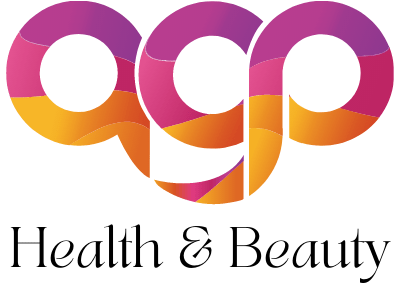

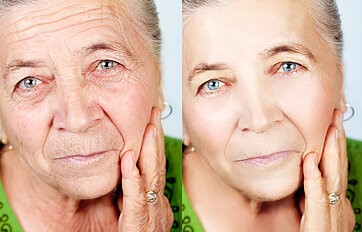
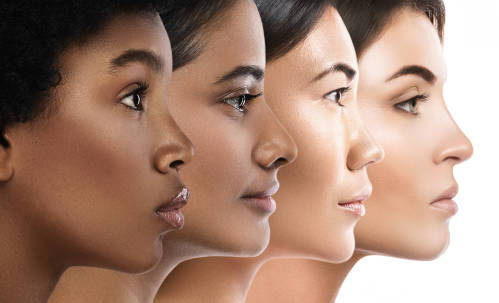
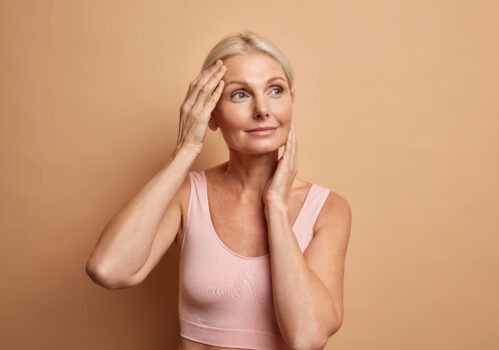

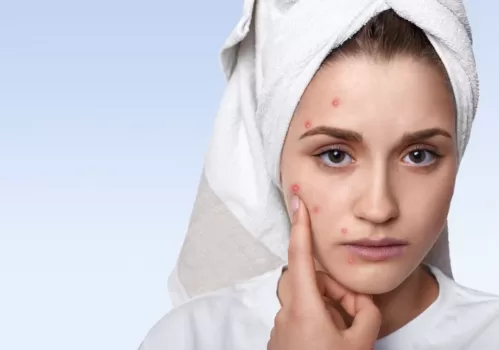
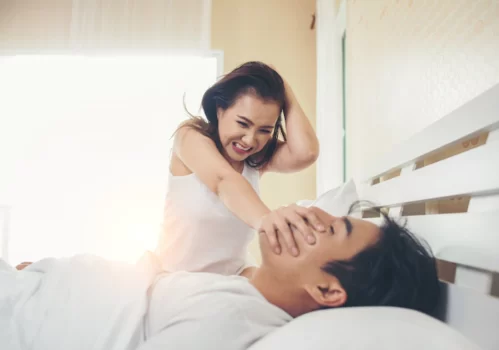
Comment to this Article
Comments that encourage respectful conversation are welcomed at AGP Health n Beauty. Stay on subject, please. Comments that are aggressively promotional of goods or services or that include personal attacks, vulgar language, or other forms of abuse will be deleted. Which remarks break our comment policy will be decided at our discretion. (Anonymous comments are accepted; just leave out your name in the comment box. Although necessary, your email address won't be posted with your comment.)